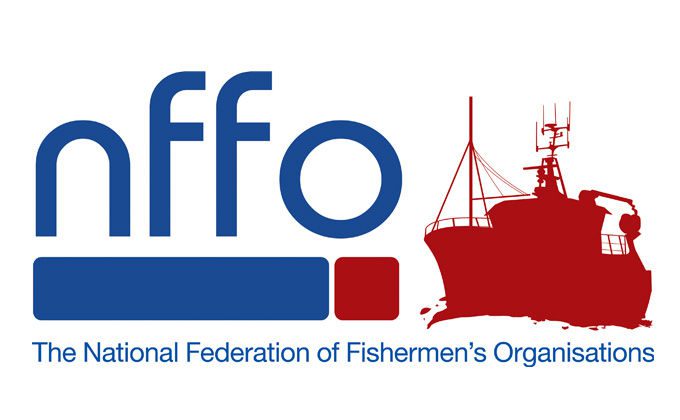9 April 2009
The stark reality that the government’s predefined timeframe will lead to the selection of a network of Marine Conservation Zones (MCZ) in as little as two and half years was emphasised at a recent meeting attended by the NFFO to establish a North Sea Marine Conservation Zone project.
The project is expected to be soon underway to cover the North Sea out to the UK’s Exclusive Economic Zone from the Scottish border to north of the Thames. Three further regional projects in the North West, South West and South East will complete the network for England. Separate initiatives will take place for Welsh and Scottish waters.
The meeting heard that a similar process took around sixty years to progress on land. This raises the question why there should be such a rush when the marine environment it is so poorly understood and coastal livelihood needs could stand to be neglected within the decision making process.
Undoubtedly the answer lies in the present political climate where high minded environmental concern, cultivated by sweeping statements about marine environmental decline, has translated into the apparent quick-fix cure we see in Marine Protected Area (MPA) policy. It would seem the solution rests on a simple doctrine – we don’t need to understand the complex interrelationships within the marine environment and between it and people’s livelihoods in order to act, and we must act in urgency before it is too late. The status of the UK’s marine environment and reality that the fishing fleet has reduced substantially in the last 10 – 15 years with a parallel reduction in pressure upon the marine environment appears to count for little in this frenetic debate.
The fishing industry has experienced many occasions when quick-fix solutions have faltered on a misconception of the marine environmental system or the realities of delivering policy on the ground. Early cod recovery closures for instance led to the diversion of effort onto fishing grounds where discarding was more prolific, did little to protect cod and resulted in a net negative conservation outcome.
The next question raised by MPA policy is who are we protecting the marine environment for? Many answers will no doubt be forthcoming with those seeing intrinsic value in the marine environment for its own sake, through to safeguarding resources for future generations. The NFFO sees this in terms of protecting and supporting sustainable marine livelihoods and coastal communities. If we are to achieve this, livelihood and community needs must be central to the MPA planning process. Unfortunately while Natural England claims the UK has some of the best marine environmental data of any country upon which to design MPAs, and computerised decision support systems are increasingly incorporating environmental concepts and information, the basis for integrating human factors in a systematic way is at present far weaker.
Fisheries have long suffered from a lack of systematic analysis of information on the state of the industry, particularly at a port level, despite the fact that basic data is collected routinely. A project led by the NFFO to prepare annual regional fisheries reports is working to address this problem and the federation is engaging to define socio-economic data needs for the MCZ planning process. There is no doubt that systematically applied data on fishing sensitivities will be crucial in planning an MCZ network that minimises the impacts to fleet operations. A failure to do so would likely lead to the disappearance of fleets and fishing communities on a location-by-location basis, or knock-on impacts from displacement of effort that could have negative conservation outcomes.
In some cases the developing design guidance for the UK’s MPA network could already have sealed this fate. Natura 2000 European Marine Sites established under the European Birds and Habitats Directives do not consider socio-economic factors in their designation and a further round of offshore and coastal sites is moving forward in the coming months. For MCZ designations, government site selection and network design guidance forthcoming later this year could yet be unacceptably restrictive in determining the proportion of MCZ designations that will not consider livelihood needs.
The fishing industry therefore enters into the planning process under the regional MCZ projects not yet knowing the extent to which government intends to consider livelihoods. The NFFO will continue to work to ensure that the fallout from this process does not sacrifice coastal communities for an idea founded on good intent but delivered in haste and blind to the unintended consequences that could result.

